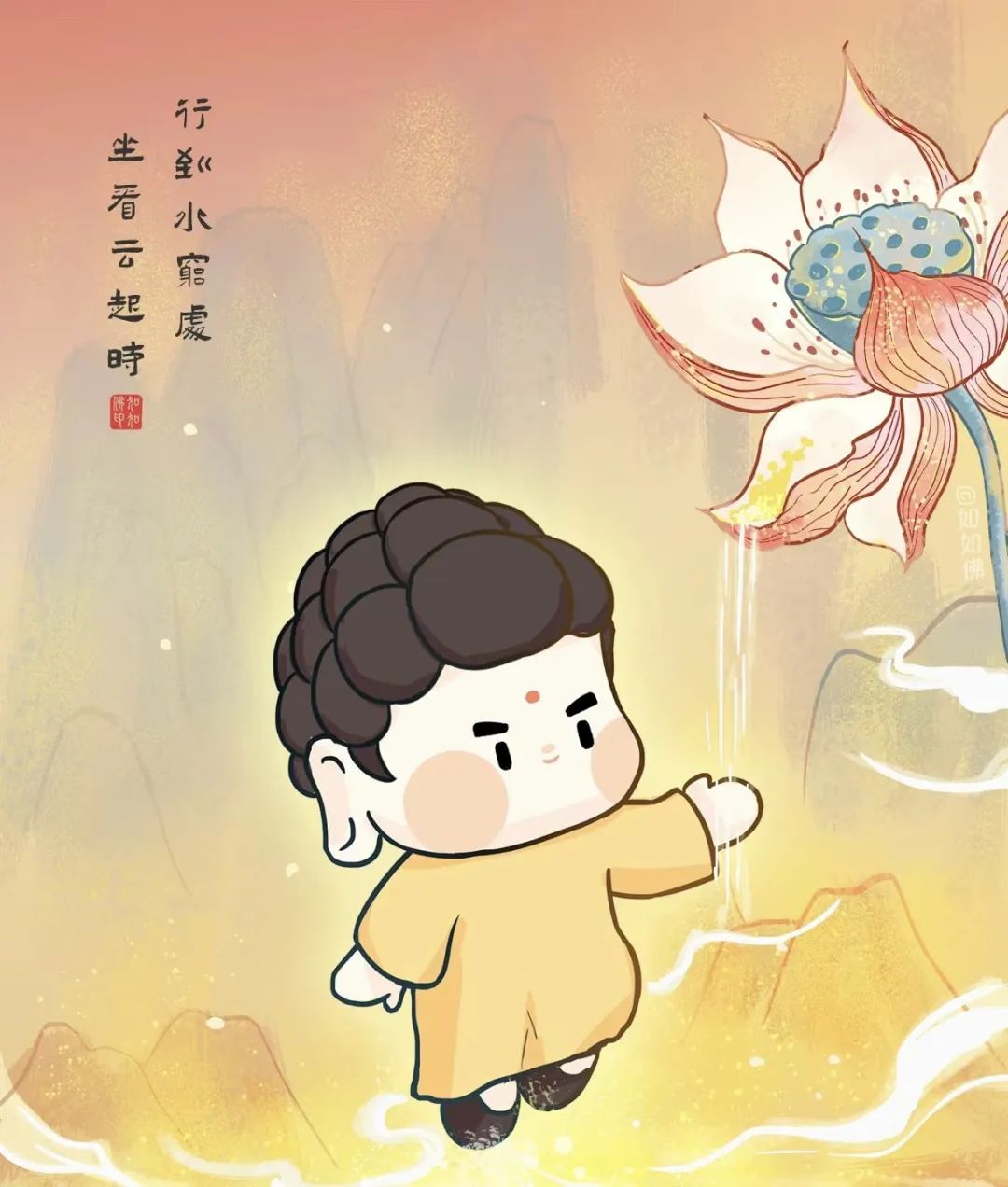
Qi deficiency constitution seems to lack sufficient vital energy. Individuals with Qi deficiency are prone to fatigue, feeling like a pile of mud as soon as they get off work and needing to lie down. They often feel tired at any time, experience declining memory, are easily susceptible to colds, and tend to have very introverted personalities, disliking movement. Even slight exercise can lead to sweating, and their tongue may appear swollen with tooth marks.
To address this, a commonly used Chinese patent medicine is Buzhong Yiqi Wan (Renovate the Middle and Boost Qi Pill), or regular massage on Zu San Li (Stomach 36) can help tonify Qi, nourish blood, and strengthen the spleen. For children who are prone to colds due to Qi deficiency, Yu Ping Feng San (Jade Windscreen Powder) granules can be given, which are now available in convenient packets that dissolve easily. Yu Ping Feng San is a simple, traditional Chinese formula consisting of Huang Qi (Astragalus), Fang Feng (Siler), and Bai Zhu (White Atractylodes). Huang Qi can tonify Qi, Fang Feng can ward off wind pathogens, and Bai Zhu can strengthen the spleen, thus helping the body resist wind pathogens. Individuals with Qi deficiency should avoid foods that deplete Qi, such as betel nut and water spinach.
Additionally, there is a common saying among Chinese people: “Eat radishes in winter and ginger in summer, and you won’t need a doctor’s prescription.” Many people indiscriminately consume radishes, but some should avoid them as radishes can descend Qi. If you already have Qi deficiency, you should eat less radish. Furthermore, if your elders or parents have mild dementia, eating radishes may worsen their condition because kidney water needs to ascend to the brain for it to function properly.
This discusses the Qi deficiency constitution. What sensations do individuals with Qi deficiency experience? They often feel fatigued, short of breath, anxious, dizzy, and may feel lightheaded when standing. They are more susceptible to colds and prefer quietness, often reluctant to speak. Some may seem indifferent when spoken to, not out of disinterest but due to their Qi deficiency, particularly spleen Qi deficiency. Such individuals may exhibit characteristics like a yellowish complexion, low energy in speech, and weakness, with even slight exertion leading to spontaneous sweating, all indicative of Qi deficiency.
—- Excerpt from


